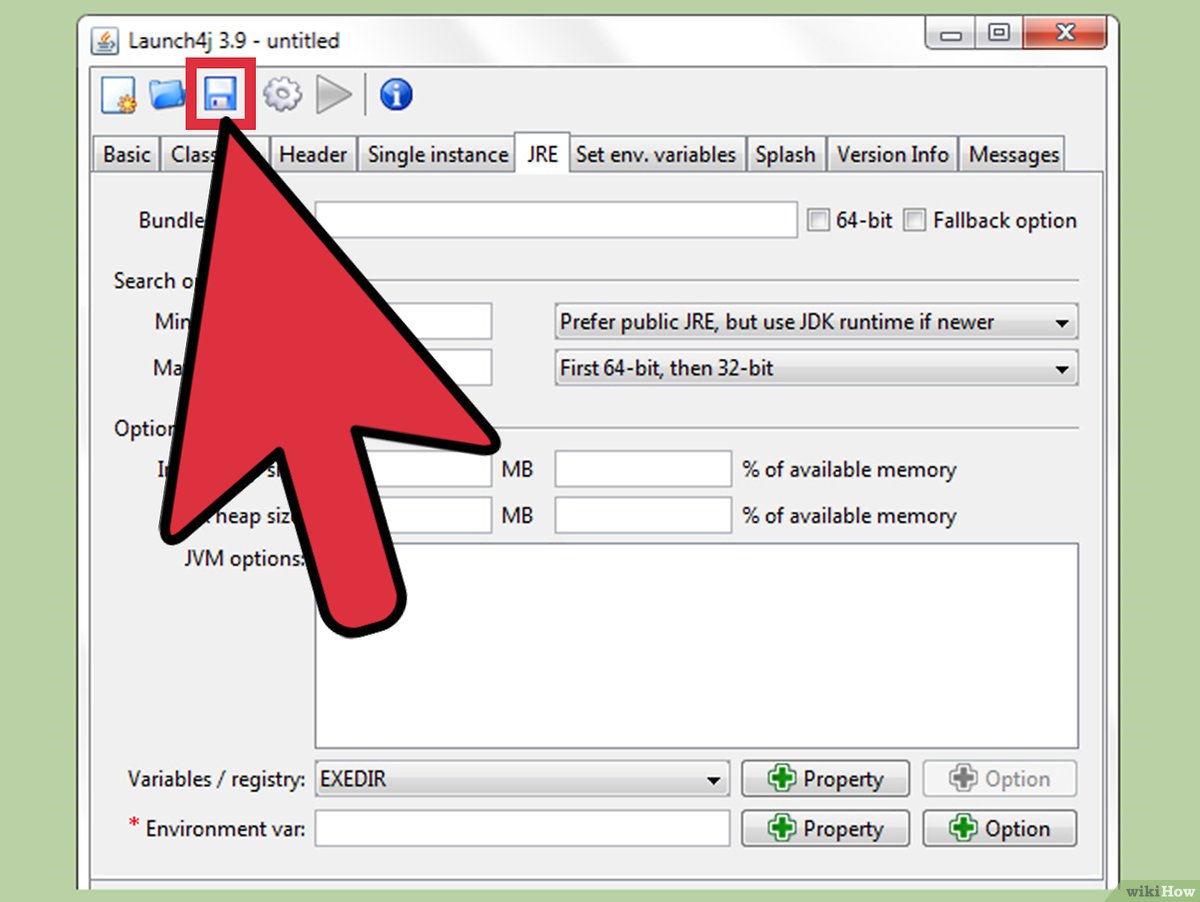Executable
Executable is a type of computer file that contains a program which can be executed or “run” by the computer. An executable file can be created by a programmer using an application such as a compiler, or in a scripting language such as Visual Basic, Python or JavaScript. Executables are typically stored as binary files for performance reasons.
In the Windows environment, executable files have a file extension of “.exe”. Executables with this file extension can be launched by double clicking the file in Windows Explorer, or can be run from the Command Prompt. On Mac OS X, executable files have file extension of “.app”.
When a program is launched its code is loaded into memory and the processor executes the instructions contained in the code. An executable file contains two types of information: the machine code instructions for the processor and resources such as images, strings, sounds, registry data, and other data the program requires.
Executables can also be used to carry malware such as Trojans or viruses. Such malicious programs often have a file extension of “.exe” to make them look innocuous. For this reason, operating systems such as Windows include facilities to guard against such threats.
When an executable file is run, an entry is created in the application log of the operating system, allowing administrators to track which programs are being used. Executable files can also be invoked in a non-interactive way using batch files or scripts.
Executables have been around since the early days of computing, and are still a popular format for software applications.





